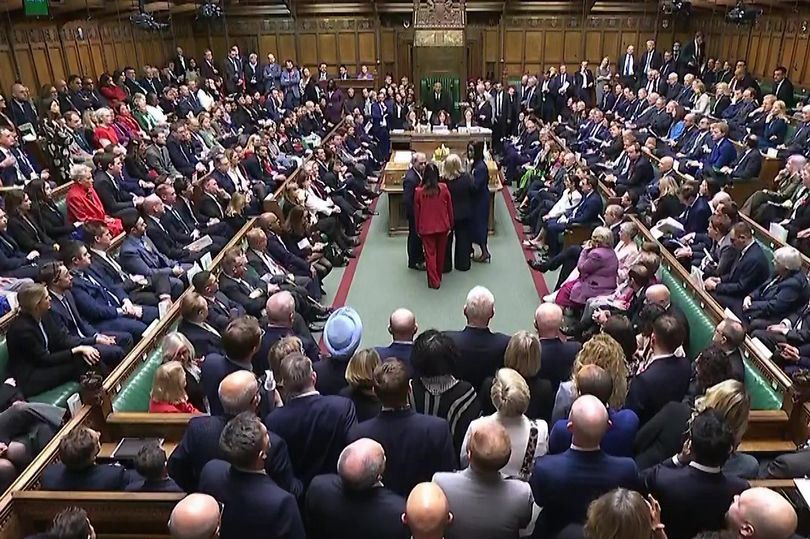The Assisted Dying Bill, which would allow terminally ill patients with less than six months to live to end their lives under strict conditions, received majority support in the House of Commons during its second reading on Friday, 29th November. Among those backing the bill was Bassetlaw’s Labour MP, Jo White.
The bill proposes that individuals over 18, diagnosed with a terminal illness and with a prognosis of less than six months to live, could request assistance to end their life. Safeguards include assessments by two independent doctors, a waiting period of at least two weeks, and a final ruling by a High Court judge to ensure eligibility and prevent coercion.
In total, 330 MPs voted in favour of the bill, with 275 voting against it. While the vote represents a significant step forward, the bill is still far from becoming law. It will now proceed to a committee stage for further scrutiny before MPs vote again at the third reading.
Jo White, representing Bassetlaw, voted in favour of the bill, joining the majority of Nottinghamshire MPs who supported the proposals. She was joined by Labour colleagues Nadia Whittome (Nottingham East) and Michael Payne (Gedling), who cited personal experiences and the need for autonomy and dignity in end-of-life care as key reasons for their support.
Not all Nottinghamshire MPs supported the bill. Newark’s Conservative MP, Robert Jenrick, voiced strong opposition, describing the proposed safeguards as “grossly inadequate” and warning of potential abuse. Speaking in the Commons, he said, “Bad law on matters of life and death is unforgivable.”
Jo White’s position aligns with the sentiment expressed by many proponents of the bill, who argue for greater compassion and choice for terminally ill patients. However, she and her colleagues will likely face further debate as the bill progresses, with some MPs reserving the right to change their stance depending on the final safeguards introduced.
The debate continues to polarise opinion in Parliament and across the country, highlighting the complexity of balancing individual autonomy with ethical and legal considerations.
For those in Retford and Bassetlaw, this historic vote marks a key moment in shaping national policy on end-of-life care and raises questions about how such a law would be implemented locally, particularly in terms of healthcare resources and patient support.






